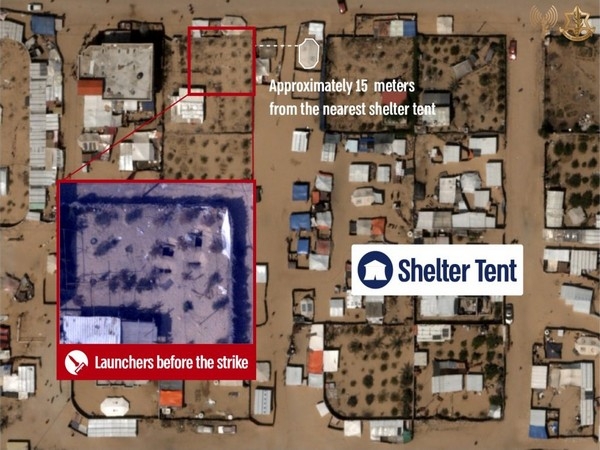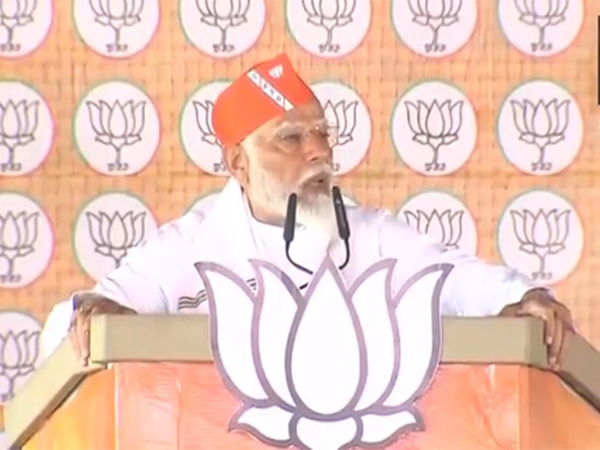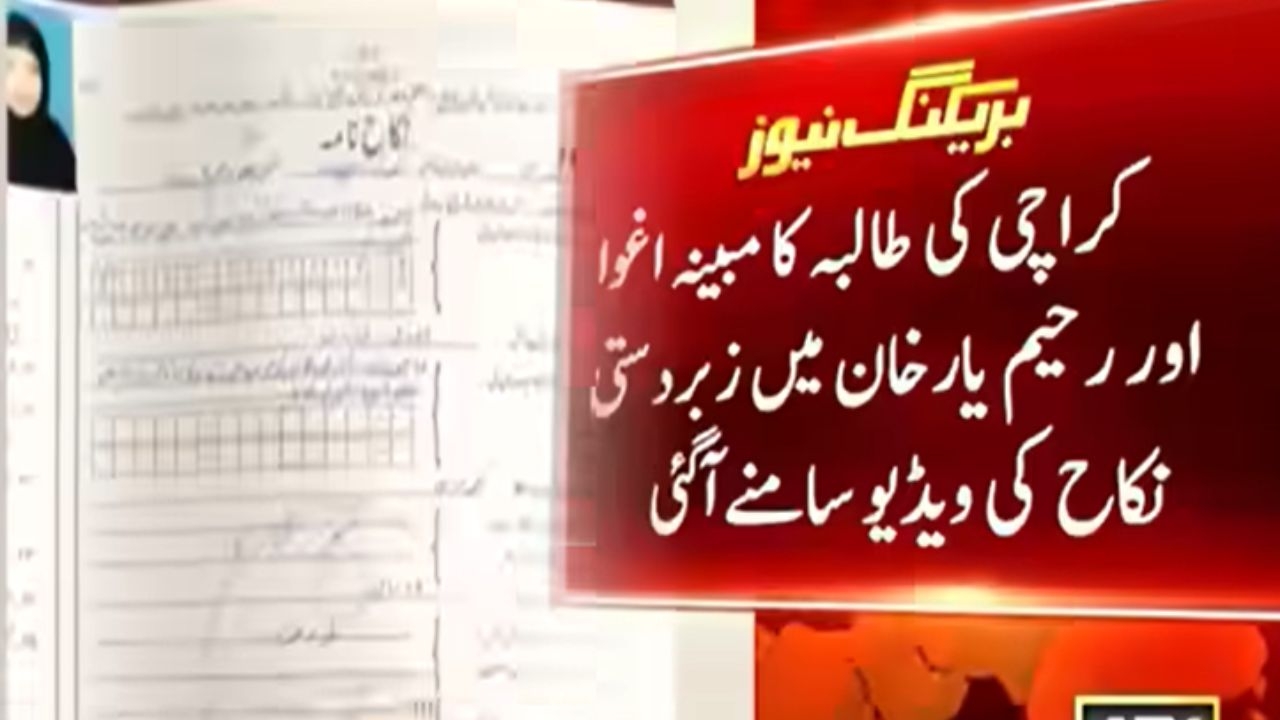RBI bursts Modi’s bubble: Its report vindicates Sinha-Shourie’s criticism
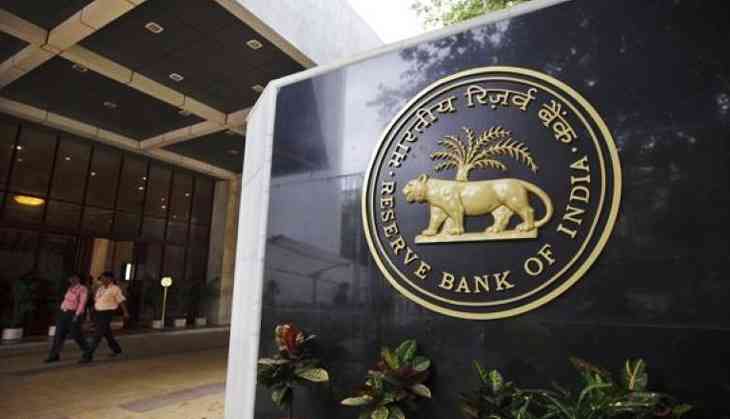
Reserve Bank of India (RBI) Governor Urjit Patel and the RBI’s Monetary Policy Committee (MPC) have added to the negative narrative on the Indian economy. The MPC not only kept the interest rates unchanged, much against the wish of the government, but also reduced its GVA (Gross Value added) growth forecast for the current fiscal from 7.3% to 6.7%.
This came on a day in which Prime Minister Narendra Modi broke his silence on the economic slowdown. “This is not the first time GDP has fallen,” Modi said, while addressing a conclave of company secretaries.
Coming back to the RBI, the six-member MPC kept the repo rate - the rate at which RBI lends money to commercial banks - unchanged at 6%. The cash reserve ratio (CRR) was also left unchanged at 4%. However, the RBI cut the statutory liquidity ratio requirement by 50 basis points to 19.5%.
The monetary policy report presented by the RBI on the state of the Indian economy drew attention towards the obstacles that lie in the way of its smooth recovery.
“The softness in headline inflation observed during April-June 2017 is projected to reverse in the coming months. First, the prices of food items, especially of vegetables – which declined sharply in Q1 (April-June) as against the typical seasonal firming up in these months – have started edging higher,” the RBI said.
It further said “CPI (consumer Price Index) inflation is projected to pick up from 3.4% during August 2017 to 4.2% in Quarter 3 (of) 2017-18 and 4.6% in Quarter 4, reflecting the combined effects of unfavourable base effects, the upturn in food prices and the impact of the increase in the HRA announced by the Central Government”.
Private investment a cause for worry
Recently, former finance minister Yashwant Sinha had criticised the government for not being able to attract investments from the private sector in the economy. In his response, Finance Minister Arun Jaitley, instead of taking the criticism in his stride got personal and called Sinha, “a job applicant at 80”, insinuating that the former's criticism was more due to vested interests than out of concern for the economy.
However, RBI virtually backed Sinha's argument as it said “Investment demand remained depressed, with its share in GDP declining from 34.3% in 2011-12 to 29.5% in 2016-17. Although GFCF (Gross Fixed Capital Formation) exhibited a slender recovery in Q1 (of) 2017-18, the overall investment climate remains bleak. Subdued levels of investment activity were also reflected in the contraction of capital goods production, notwithstanding robust growth in imports of certain capital goods”.
Did demonetisation harm consumer demand?
RBI in its report said, “The corporate investment cycle is weighed down by excess capacity in the manufacturing sector. Capacity utilisation improved in the 4th quarter of 2016-17, but it again dipped in the 1st quarter of 2017-18, reflecting weak demand.”
Remember, the real impact of demonetisation began to reflect on the Indian economy from January 2016, i.e the fourth quarter of fiscal 2016-17.
The Centre for Monitoring Indian Economy (CMIE) in its September report had also expressed concerns about lack of demand from consumers in the economy. CMIE’s Consumer Pyramids Household Survey captures falling consumer sentiment in the Indian economy. “The index fell from around 100 in April and May 2017 to around 96 in June and July. It further fell to 94.5 in August.”
MNREGA, higher MSP suggested as solutions
The NDA government's economic philosophy rates schemes like MNREGA lowly. However, RBI in its report has counted MNREGA and higher Minimum Support Price for agri-commodities as a possible booster for the economy. “Improved prospects for rural income during 2017-18, higher MSPs, and large budgetary allocations for MGNREGA could lead to improvement in rural demand,” said the RBI report.
No government likes criticism. The NDA government hates it. But now, the criticism is not just coming from outside. The RBI, in a subtle way, has joined the bandwagon. Arun Jaitley must take it in his stride and act.
First published: 4 October 2017, 20:00 IST


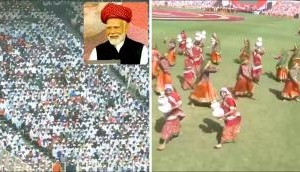
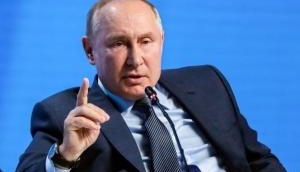
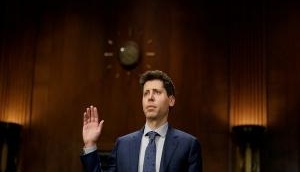
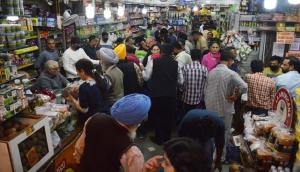
![BJP's Kapil Mishra recreates Shankar Mahadevan’s ‘Breathless’ song to highlight Delhi pollution [WATCH] BJP's Kapil Mishra recreates Shankar Mahadevan’s ‘Breathless’ song to highlight Delhi pollution [WATCH]](http://images.catchnews.com/upload/2022/11/03/kapil-mishra_240884_300x172.png)

![Anupam Kher shares pictures of his toned body on 67th birthday [MUST SEE] Anupam Kher shares pictures of his toned body on 67th birthday [MUST SEE]](http://images.catchnews.com/upload/2022/03/07/Anupam_kher_231145_300x172.jpg)


_251372_1280x720.jpg)
_251371_1280x720.jpg)
